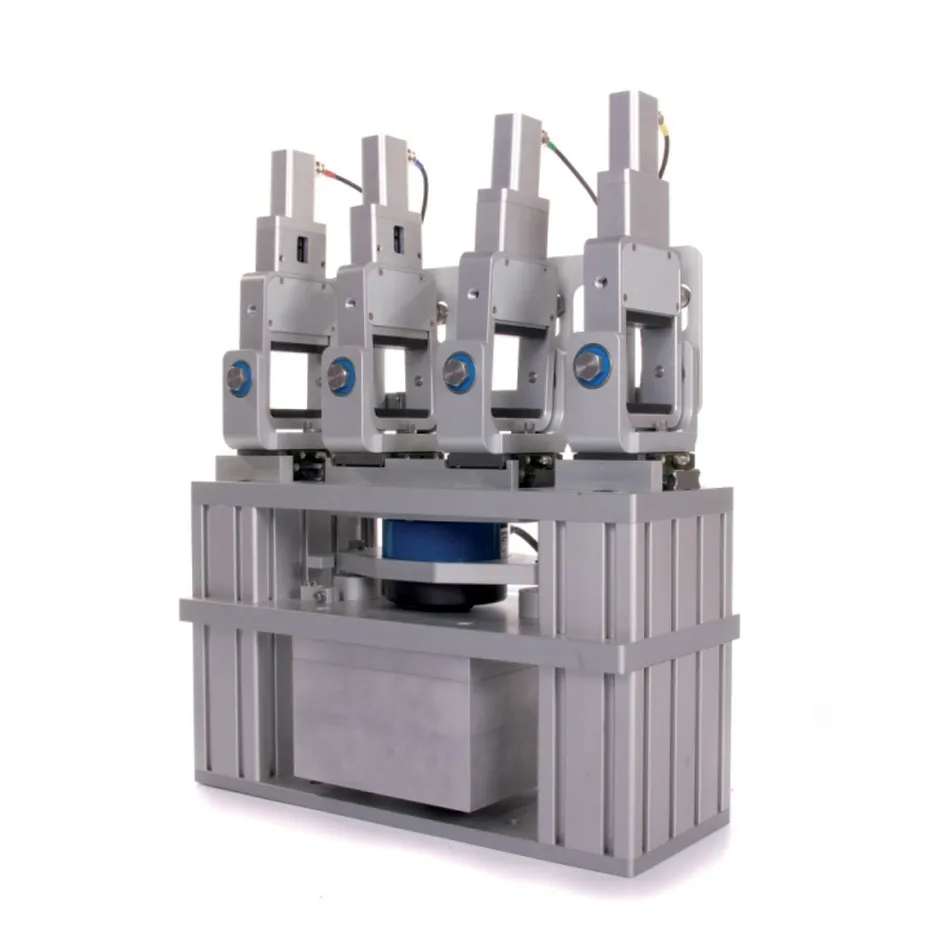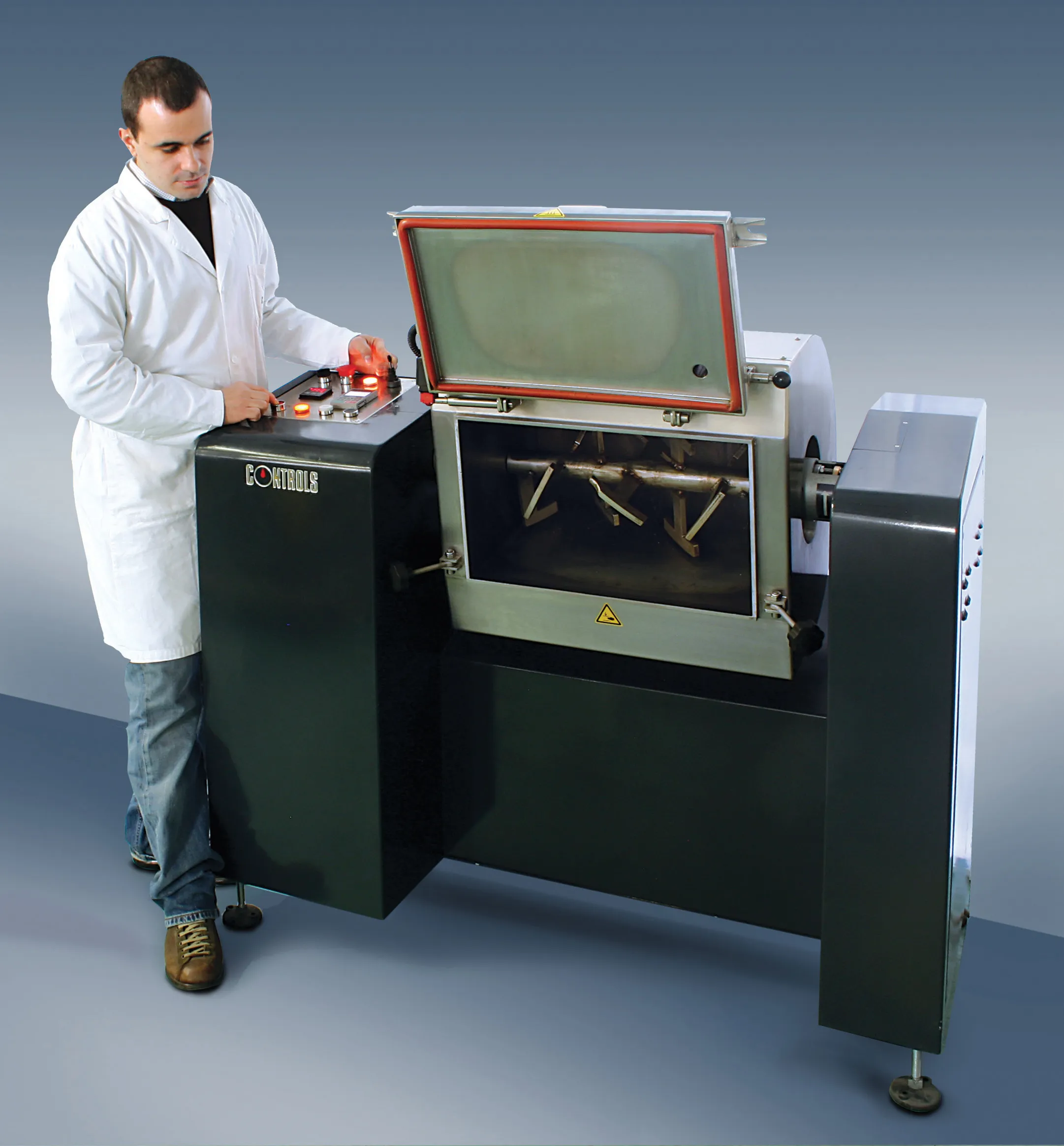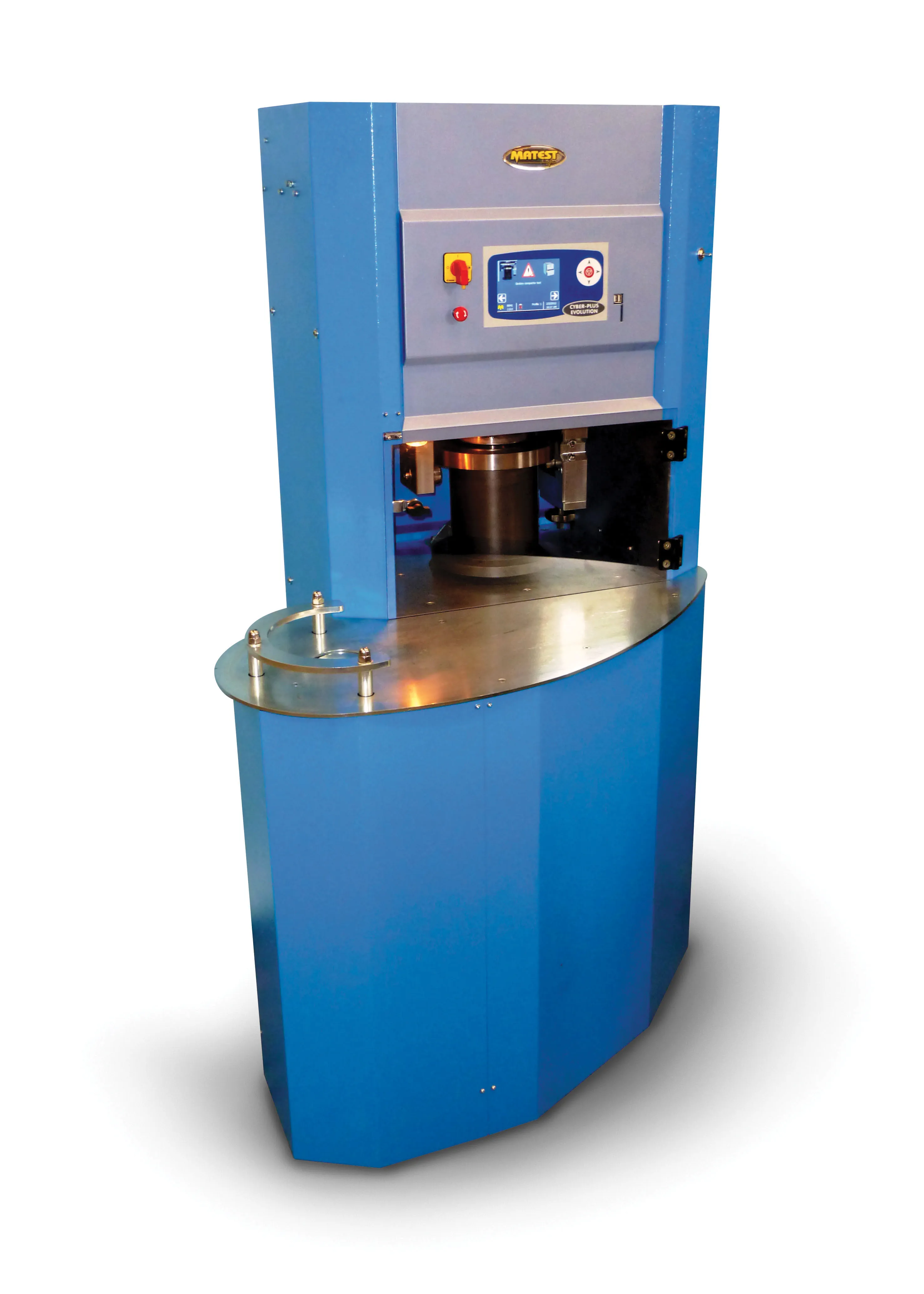Cooper Technology, among the leaders in the design and manufacture of computercontrolled testing equipment for asphaltic and unbound materials, has unveiled its next generation of intelligent technology. New developments to the pioneering company's standalone four-point bending beam (BB) machine SA4PT Control Unit MKII that facilitates the rapid throughput of modulus and fatigue tests, now integrates the fully automated software of the Beam Flex V3 1.0.
May 29, 2012
Read time: 2 mins

New developments to the pioneering company's standalone four-point bending beam (BB) machine SA4PT Control Unit MKII that facilitates the rapid throughput of modulus and fatigue tests, now integrates the fully automated software of the Beam Flex V3 1.0.
This cutting edge software enables fully automated frequency sweeps through automatic beam clamping to dramatically increase test throughput and virtually eliminate any chance of operator error.
According to the company reliability and serviceability performance is greatly improved saving expensive testing time and delivering fast results. UK-based Cooper Technology was established in 1990 and designs and manufactures high performance testing equipment for asphaltic and unbound materials used in highway construction. Its product range includes gyratory compactors, and roller compactors to prepare and compact specimens in addition to servo hydraulic and servo pneumatic universal testers, triaxial testers, fatigue systems and wheel trackers to perform standards.









